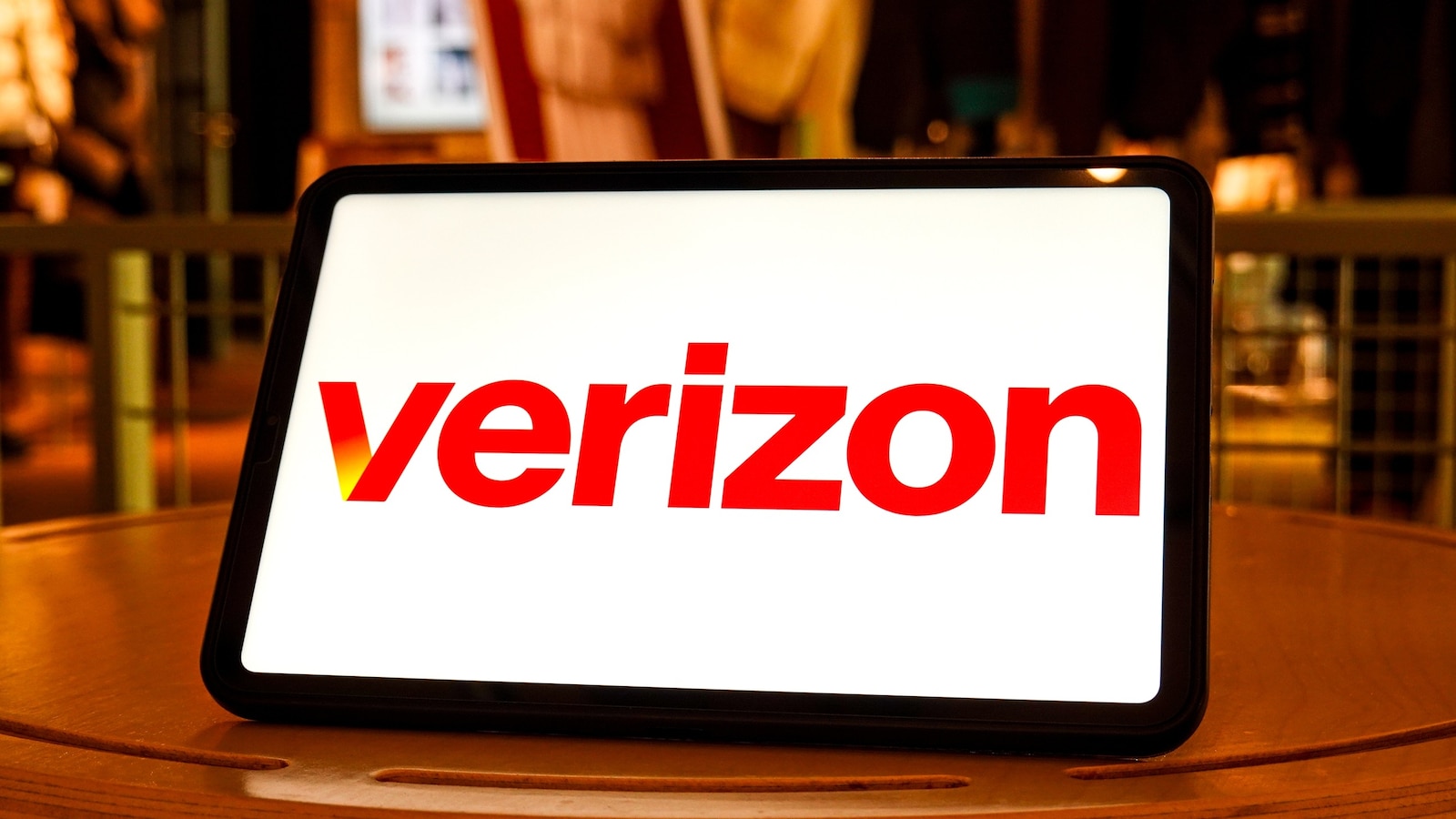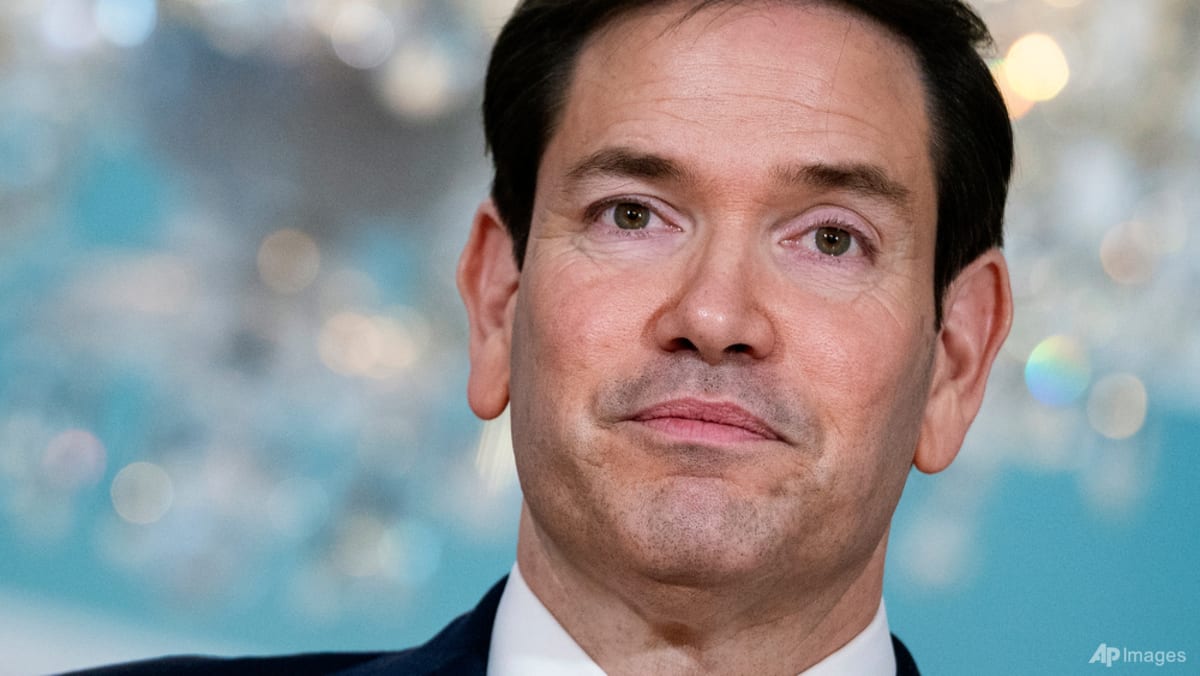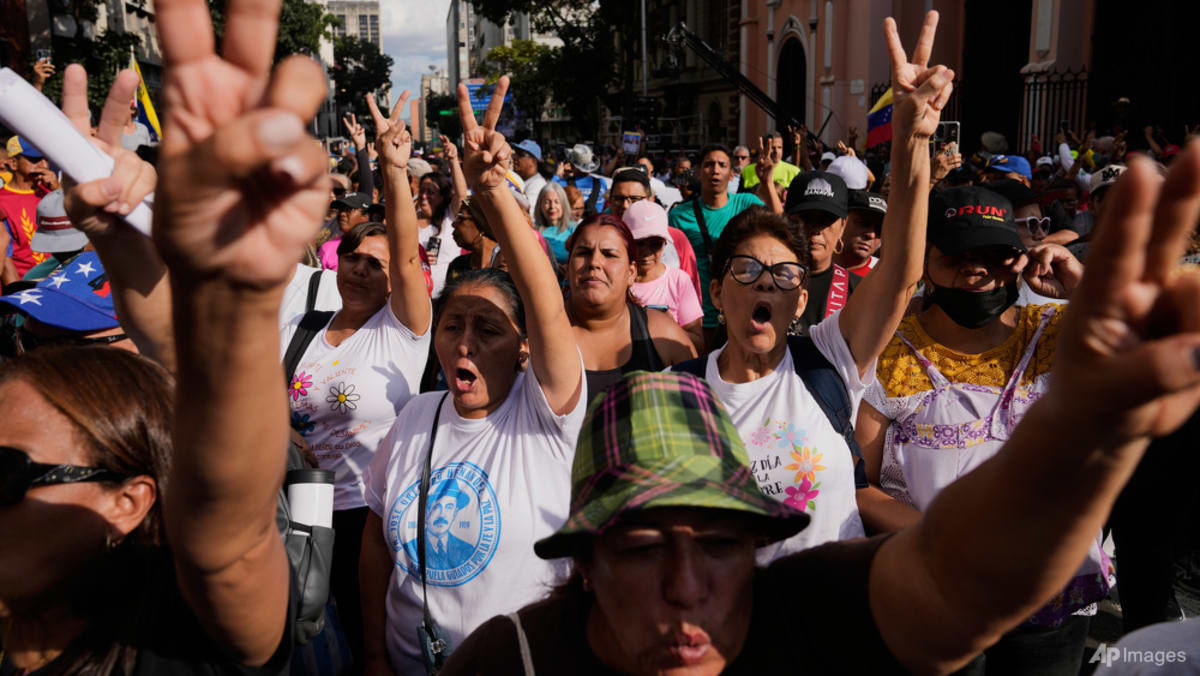Why Americans feel gloomy about the economy despite falling inflation and low unemployment

For Katherine Charles, a 40-year old single mother in Tampa, Florida, inflation’s slowdown hasn’t made it easier to make ends meet. Her rent jumped 15 per centin May. Over the summer, to keep her electricity bill down, Charles kept the air conditioning off during the day despite Tampa’s blistering hot weather .
She has felt the need to cut back on groceries, even though, she said, her 16-year old son and 10-year old daughter “are at the age they are eating everything in front of them.”
“My son loves red meat,” Charles said. “We cannot any longer afford it the way we used to. The economy’s not getting better for nobody, especially not for me.”
Charles, a call center representative with a company that handles customer service for the Medicare and Affordable Care Act health plans, received a raise to US$18.21 an hour two years ago. But it wasn’t much of an increase. She doesn’t even remember how large it was.
This month, Charles took part in a one-day strike against her employer, Maximus. She and her co-workers are seeking higher wages and more affordable health insurance. Charles’ two children are on Medicaid, she said, because Maximus’ health insurance is too expensive.
Eileen Cassidy Rivera, a spokeswoman for Maximus, said that a recent survey of its 40,000 employees found that three-quarters of those who responded said “they would recommend Maximus as a great place to work.”
“During the past five years, we have increased compensation, reduced out-of-pocket health care expenses and improved the work environment,” Rivera added.
Rising prices have been a key driver of a wave of strikes and other forms of labour activism this year, with unions representing autoworkers, Teamsters and airline pilots winning sizeable pay increases.
Other factors also play a role in why many people are still unhappy with the economy. Political partisanship is one of them. With Biden occupying the White House, Republicans are far more likely than Democrats to characterise the economy as poor, according to the University of Michigan’s monthly survey of consumer sentiment.
Karen Dynan, a Harvard economist who served in both the George W Bush and Obama administrations, noted that distinct swings in economic sentiment occur after a new president is inaugurated, with voters from the party opposed to the president quickly switching to a more negative view.
“The partisan divide is stronger than it was before,” she said. “Partly because the country is more polarized.”
Even so, many Americans, like Charles, are still feeling the pain of inflation. The national average price of a gallon of milk reached US$3.93 in October, up 23 per cent since February 2020, just before the pandemic struck. A pound of ground beef, at US$5.35, is 33 per cent higher than it was then. Average gas prices, despite a steep decline from a year ago, are still 53 per cent higher at US$3.78 a gallon, on average.
Source: CNA















